By Dr. Tamara Ganjalyan and Anselm Lenz.
On 25 March 2020 the democracy movement nichtohneuns.de went online. From the very beginning, the flimsy reasons for the worst restrictions on fundamental rights and breaches of the constitution in post-war history were not the only topics discussed. Under the keyword “Let it become law”, the movement called for the submission of legislative proposals for a new economic framework legislation. For it was already known in March that the measures concerning “Corona” were essentially a deception program motivated by economic policy.
In contrast, the democracy movement collected thousands of concrete proposals. KenFM and the weekly newspaper Demokratischer Widerstand initially published a small selection – from a good wish to a jurisprudential proposal on the topic of an economic framework legislation. The tenor: No, we are not leaving the right over our currency and our economy to undemocratic lobbies of big business. In the following, the names of the submitters will be limited to their first names.
Karl Heinz writes:
(translation)
“This old system cannot be reformed. A clear alternative is needed. A system that allows everyone to live a self-determined life in independence. Which creates a balance between nature, humanity, economy and democracy.”
Antje demands:
(translation)
“Strengthen the common good, protect individuality. Promotion of spiritual, moral-ethical growth instead of material growth.”
Andreas thinks:
(translation)
“We should permanently ban the army of business lobbyists from the Bundestag.”
Pascal explains:
(translation)
“An economic parliament is to be founded: All companies in Germany will send representatives who will decide on their own authority on all issues where the expertise of capable people is needed. In contrast to now, where capable entrepreneurs slave away all day long to create something and then suddenly a few large companies with lobbyists influence politics and create laws and regulations at their own discretion. Instead, all the companies should decide among themselves how to handle the economic issues. The various industries send representatives. The consumers send representatives. The economic parliament organizes and provides funds so that a free cultural life can be financed. It is not allowed to make any content-related specifications, but it can be designated, for example, for the training of engineers. The economic parliament is only bound by the laws passed by the political parliament, which describe the interaction of equals among equals, i.e. they are not based on expert assessments or trade-offs”.
Daniel adds:
(translation)
“Let it become law that wages and salaries are paid on an equal, fraternal and humane basis, so that no dictatorial class structure can arise.”
Holger demands:
(translation)
“A right to a life without smartphone or other tracking. Cash should be anchored in the constitution.”
Peter Stephan says:
(translation)
“Aim for shrinking money or at least a full money system.”
Frank explains:
(translation)
“Whom should one orientate oneself to in an economic constitution? Reasonably, more successful systems, for example a system that has existed for millions of years, the forest: The smallest individuals are protected, the larger ones compete to the best of their ability and the largest ones are slowed down in growth. What does this mean for our economy?
-
Restoration and protection of the state monopoly on money creation through full money. Restoration of the separate banking system. In the end, interest income will have to go to the state budget.
-
Basic right to use cash or a digital currency available at any time, not suspendable and not traceable for every citizen.
-
Every citizen receives an unconditional basic income that must not fall below the poverty line.
-
Each citizen may decide directly on the use of their share of the state budget.
-
The tax system ensures the fair distribution of national wealth and compensates for differences in income and wealth to enable equal participation in the community across generations. From a maximum amount to be defined, full taxation is to be applied to protect the community from powerful individual actors.
-
The tax system ensures healthy growth – many small competing market participants – and prevents dangerous growth – i.e. too-big-to-fail companies as well as cartels, oligopolies, monopolies.
-
The tax system prevents harmful emissions and creates reserves for emission risks.
-
Other taxes must be earmarked for a specific purpose. Cross-financing is prohibited.
-
Unused tax revenues are repaid to citizens.
In addition: Municipal, regional and national property may only be disposed of by vote of the citizens within the municipality, region or nation”.
Petra finds that:
(translation)
“hedge funds should be completely and immediately dismissed and banned. Stop further billion-dollar support for banks.”
Erwin wishes:
(translation)
“State medical research, which is interested in the benefit of the population instead of profit, and also non-manipulated doctors’ training and further education is guaranteed. The same for the food and agricultural sectors, especially a Codex Alimentarius that is not determined by the interests of the economy”.
Antje writes:
(translation)
“Mutualization of economically important enterprises, such as the energy industry, banks/securities printing, arms production – only for own state defense -, local and long-distance transport.”
Sebastian demands:
(translation)
“Companies must pay taxes for their branches in Germany – regardless of whether the headquarters are abroad. Private companies may not receive aid packages at the taxpayer’s expense if the state has no influence on these companies, for example Lufthansa. The economy should flourish in a liberal, social market economy instead of perishing in a planned economy. No non-state enterprise should be favored by the state”.
Pascal is of the opinion that:
(translation)
“The ownership of land is a contradiction in terms. Land must not be sold like goods, because it cannot be consumed like goods. Ways must be found in which the state does not distribute land to the people, but how communities decide locally which area is allocated to which type of use. As a transition, all plots of land in Germany could be converted into a 70-year leasehold”.
Marie-Luise writes:
(translation)
“Every product should be checked for its validity and solidity and only then be approved. There should be international, independent testing bodies that maintain close cooperation with the international and national courts. The assumption of full responsibility of all parties involved in the product supply side”.
Pascal demands:
(translation)
“All imports should be accompanied by a proof of the labour that went into the product. If individual employees of foreign companies are paid less than 3 EUR per hour, a corresponding customs duty is levied on the product, the income of which is equal to the difference and is paid to the workers”.
Kerstin writes:
(translation)
“If it cannot be avoided – and I assume that there will be some disciples for a global system that wants to pave the way to cyborg reality in full digitalization – then I think it is important to already now also mentally participate in this plan, so to speak as the alter ego of this society. There must be a place for people who want to live naturally, at least close to nature! It has to be negotiated how it can be achieved that there is no obligation to join this march and control, but to realize a different life plan. There must be a possibility for those who do not want the “new normal”, and they must not be punished, excluded or disadvantaged for their rejection of a system that, for example, places vaccinations as a cure at the center of all events.”
Anselm Lenz is a journalist and editor of the weekly newspaper Demokratischer Widerstand (DW). The weekly newspaper has grown from an informative pamphlet on the Corona regime into the highest-circulation weekly newspaper in the Republic in a very short time. It is distributed throughout the country by personal delivery and depends on donations to IBAN DE51 1001 1001 2625 2368 69 or, preferably, as a patreon.
+++
Thanks to the author for the right to publish.
+++
Image source: YP_Studio / shutterstock
+++
KenFM strives for a broad spectrum of opinions. Opinion articles and guest contributions do not have to reflect the views of the editorial staff.
+++
KenFM now also available as a free app for Android and iOS devices! Via our homepage you can visit the stores of Apple and Google. Here is the link: https://kenfm.de/kenfm-app/
+++
Support us with a subscription: https://www.patreon.com/KenFMde
+++
You like our program? Information about further support possibilities here: https://kenfm.de/support/kenfm-unterstuetzen/
+++
Now you can also support us with Bitcoins.

BitCoin address: 18FpEnH1Dh83GXXGpRNqSoW5TL1z1PZgZK


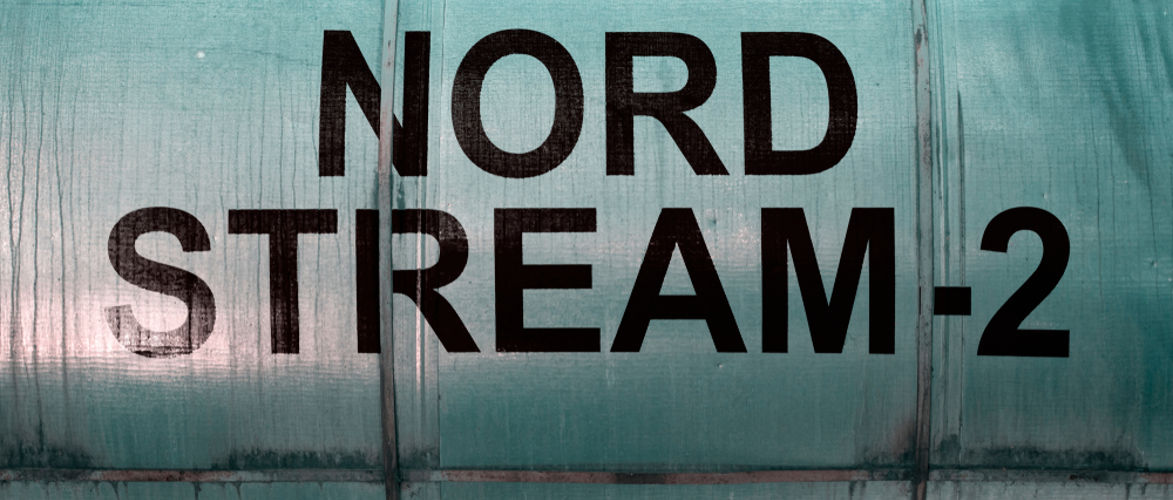
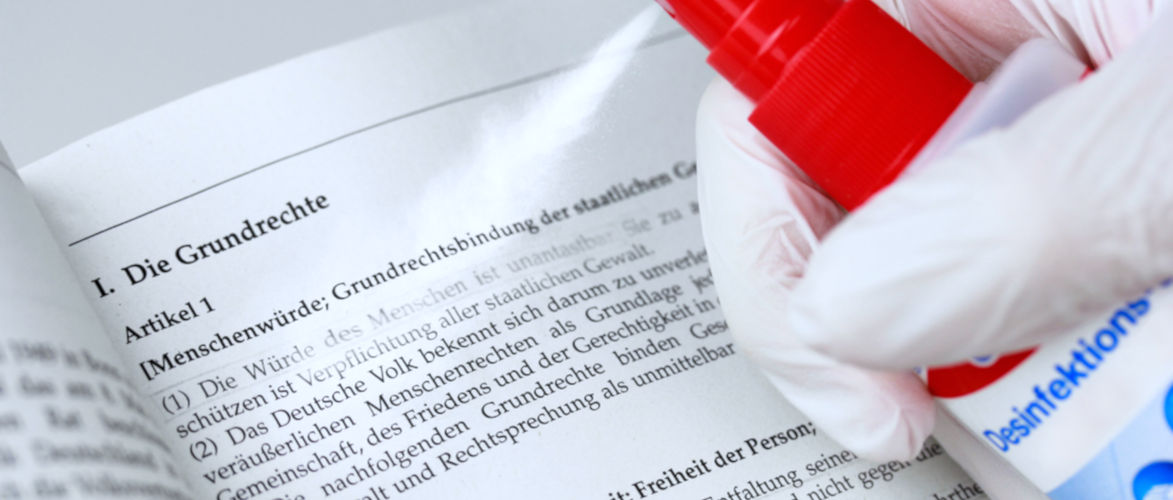
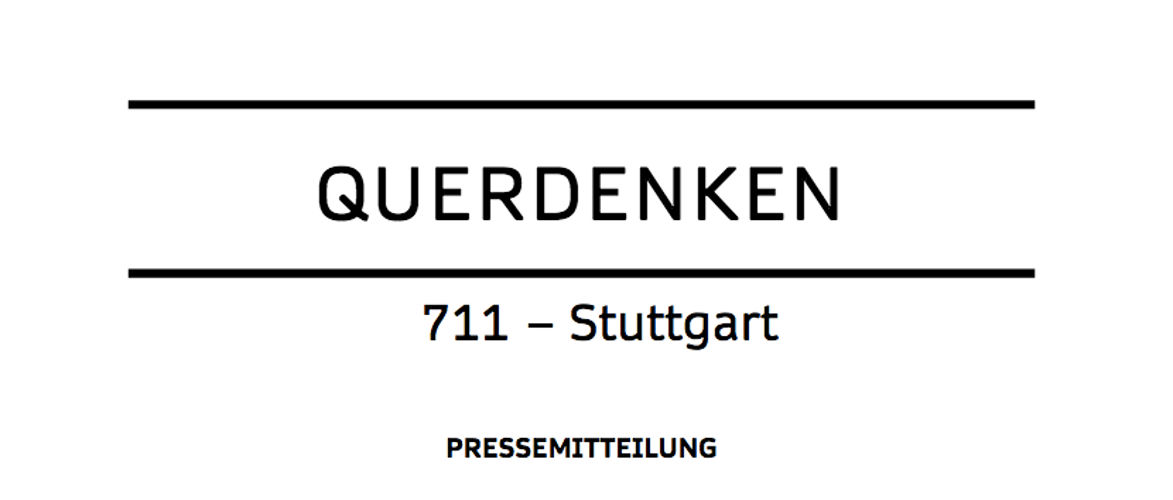
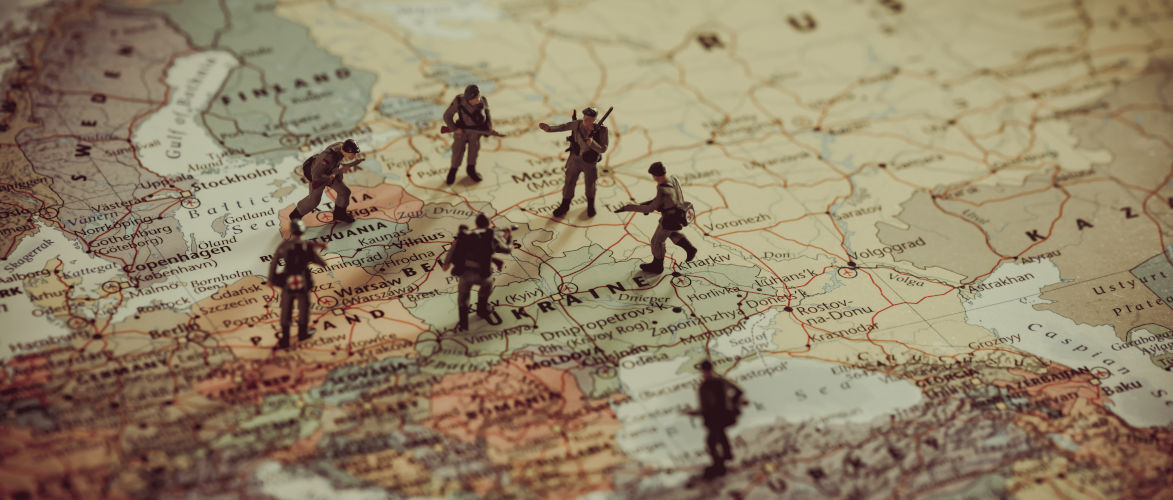

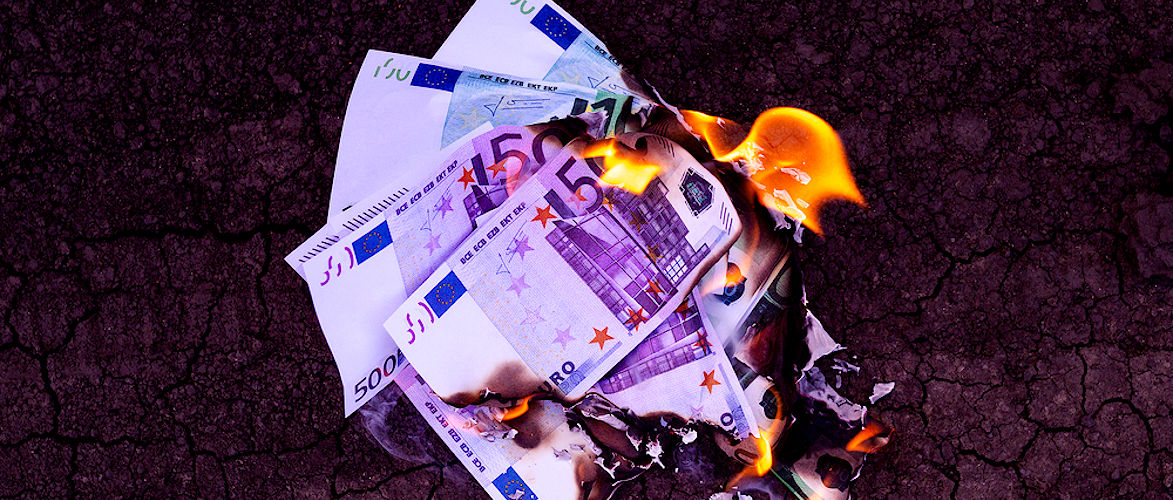
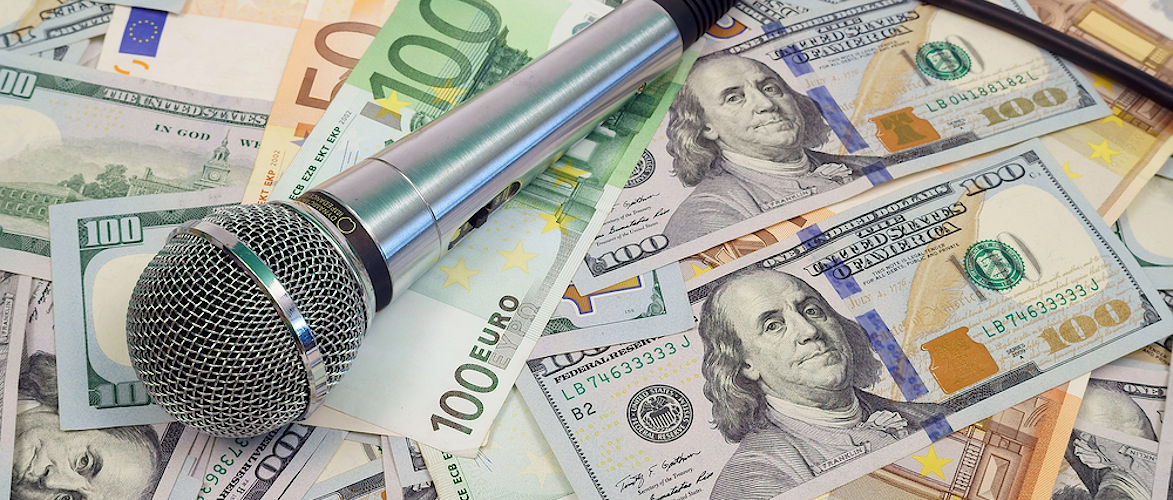

Kommentare (0)